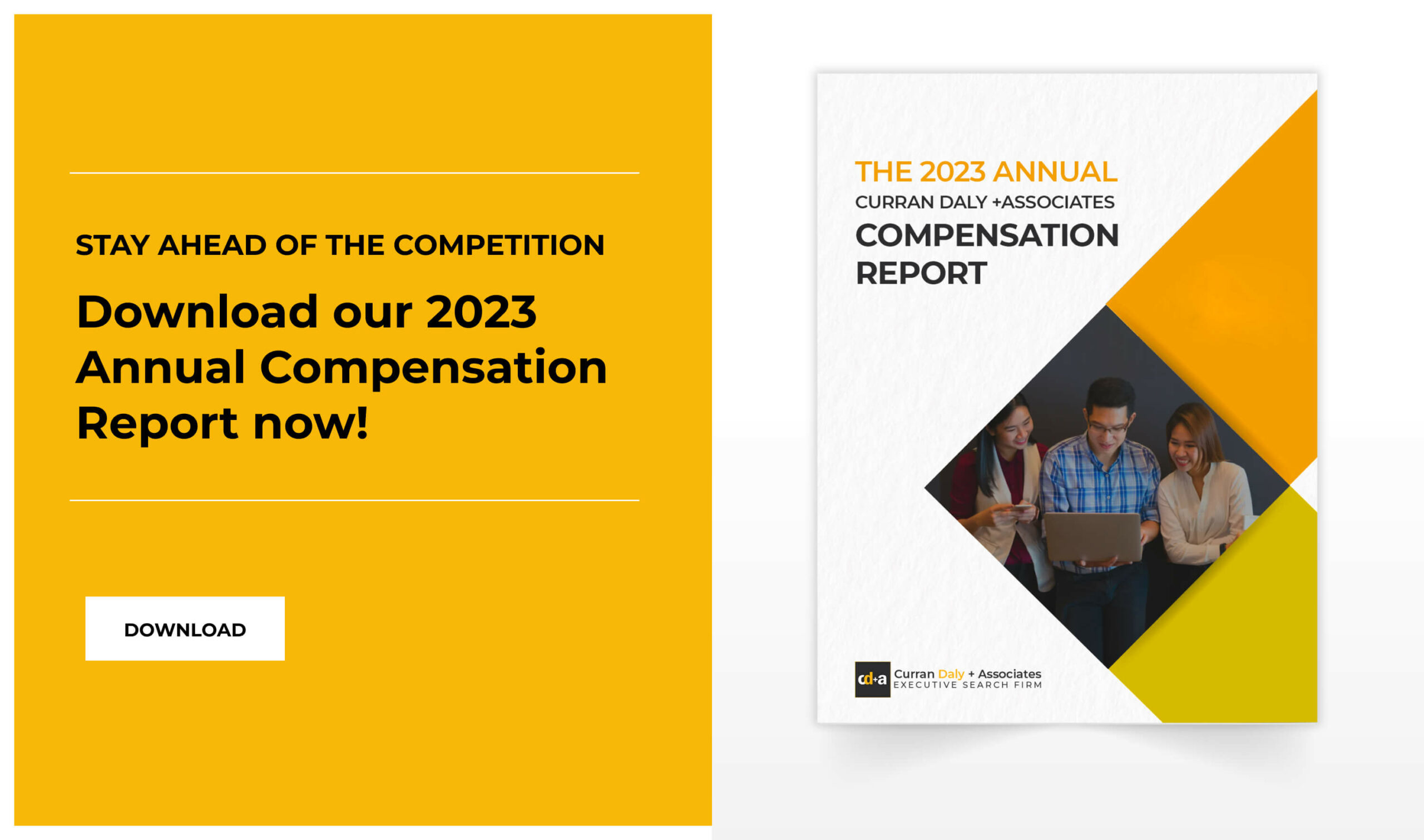“Who gets too much feedback at work?” asks a facilitator at a conference about employee engagement.
The room is silent.
It’s a common sentiment shared by both managers and employees alike – workplace feedback is in short supply and this is a problem.
In a study conducted by the Corporate Leadership Council (2003) results found that employees who received feedback from their manager on a consistent basis, that was both fair and accurate, performed up to 40% better than their counterparts who didn’t receive any feedback on their performance over a set period of time.
Giving effective feedback is one of the most fundamental tools to help manage and improve your employees’ performance. According to another recent survey on workplace engagement, conducted by Gallup (2013) which reported the ‘State of the American workplace’, 70% of US employees were disengaged. Gallup furthermore shares data that supports that feedback is key to employee engagement, and in turn increases a better bottom line – the main goal of any business.
Some performance problems can be costly to fix. It might require upgrading your technology systems or investing in extensive retraining programs which are not only costly but time-consuming. But there is something one can do in between time and might even stop more desperate measures that don’t cost you or your company anything – it’s feedback.
What is feedback?
Feedback is information about past behaviour, given in the present, with the hope of influencing future behaviour by choice. When done effectively it can improve results and strengthen relationships.
In a work context, feedback is an essential element for everyone. Giving feedback on work performance is part of every manager’s job. It lets people know where they are and where to go in terms of expectations and goals – encouraging and guiding people back on track toward successful performance.
However, feedback isn’t always easy to give or receive. It can be difficult to find the right words that will have the desired effect on someone’s behaviour. Feedback also needs to be given in the right context and at the right time for it to be effective.
When and how should I give feedback?
The best time to give feedback is as close to the event or behaviour as possible. This will help the person receiving the feedback to understand why you are giving it and make the connection between their behaviour and the impact it had.
When giving feedback, always aim to be clear, concise and specific. It’s also important that you avoid making assumptions about why someone did something. If you’re not sure why they did it, ask them.
The following tips will help you deliver feedback effectively:
– Avoid giving criticism that is vague or confusing. For example, “you need to be more careful” or “you’re not being very team-oriented”.
– Critique the behaviour, not the person. For example, “I noticed that you didn’t check with the rest of the team before making that decision”.
– Use “I” statements. For example, “I felt frustrated when I saw that email you sent to the client”.
– Avoid using absolute words such as “always” or “never”. For example, “you never listen to anyone’s suggestions”.
– Be aware of your tone of voice and body language. Avoid sounding judgmental, condescending, or angry.
– Seek feedback yourself. Model the behaviour you want to see in others.
– Avoid giving too much feedback at once. Critique one behaviour or issue at a time.
Giving feedback is a skill that takes practice. The more you do it, the easier it will become. And the better your employees will become at understanding and responding to feedback, which can only be a good thing for your business.
Why does feedback have a strong impact on performance?
People aren’t usually aware or don’t see their own performance or behaviour objectively or accurately from the outside. Feedback shouldn’t be limited to the times you do Performance Evaluations. It’s an ongoing process between the manager and the team. When you want people to hear your feedback and to make changes (or to continue to do something), focus on information—and keep judgments on a character to yourself. The why, how, and when of feedback makes all the difference.
Feedback has a stronger impact on performance when it is:
– Given frequently
– Focused on a specific behaviour or result
– Given at the moment (or as soon after an event as possible)
– Descriptive rather than evaluative (“you did a great job!” vs. “you gave the presentation with confidence and without notes”)
– objective (“I noticed that you didn’t check with the rest of the team before making that decision”)
– Given in private
When feedback is given effectively, it can improve results and strengthen relationships. It can help people understand where they are and where they need to improve. It can also motivate people to change their behaviour or performance.
An ongoing process
When you make the conscious decision to give and receive feedback on a regular basis you demonstrate that feedback is a powerful means of personal development. When done in the right way and with the right intentions, feedback communication is the avenue to stellar performance. Employees have to know what they are doing well and not so well. For them to really hear your thoughts and suggestions on ways to improve, feedback needs to be delivered carefully and consistently.
Useful feedback is directed toward the future. Though feedback begins with a consideration of past and current behaviours and job performance it doesn’t end there. Useful feedback uses past actions as a way to develop effective plans for future actions.
With regular practice, an open mindset and continuous learning about how to give and accept feedback effectively, you can become a more informed, respected and effective manager and leader.
Your employees will also reap the benefits of improved performance, greater satisfaction and stronger relationships. So why not start practising today? Your business – and your employees – will thank you for it.
Final Thoughts
Employees need feedback to improve their performance. Feedback should be given frequently, focused on specific behaviours, and descriptive rather than evaluative. Managers should also give feedback in private and focus on the future. Feedback is a powerful means of personal development, and with regular practice, employees can become more informed, respected, and effective leaders.
Do you give feedback to your employees on a regular basis? What has been your experience? Share your thoughts and experiences in the comments below.







0 Comments